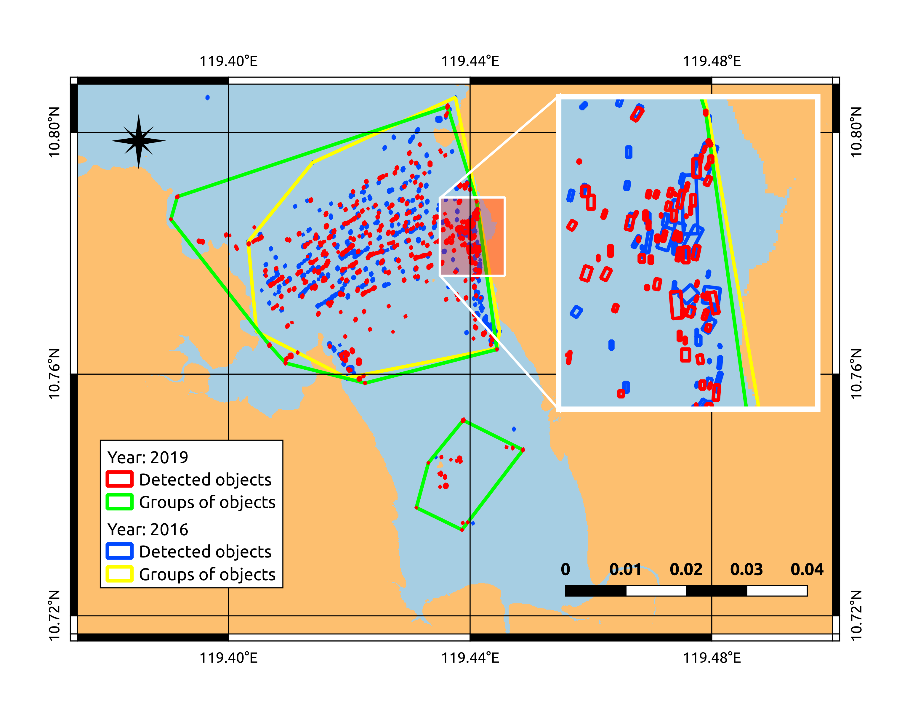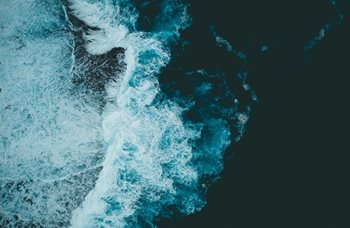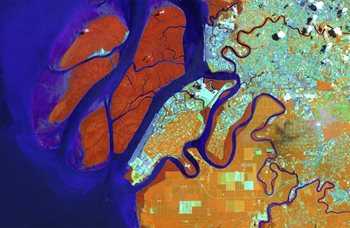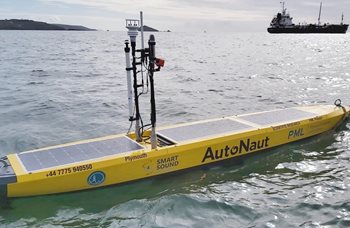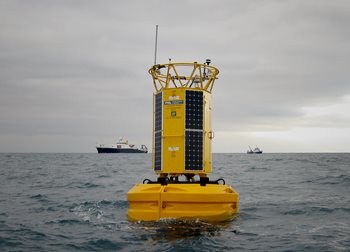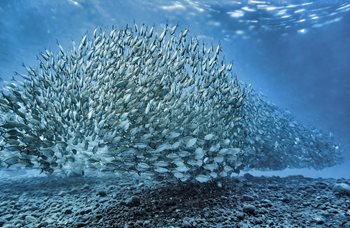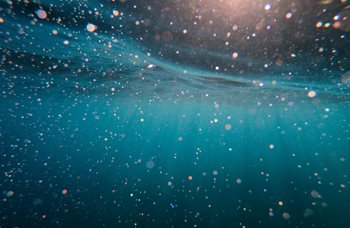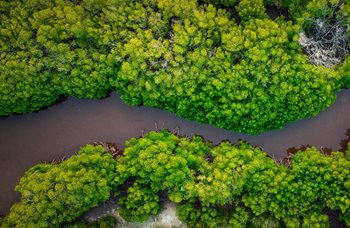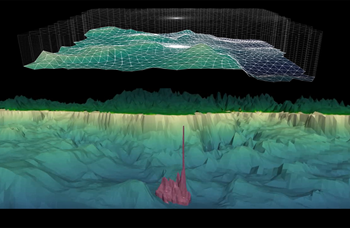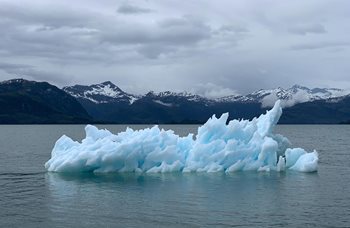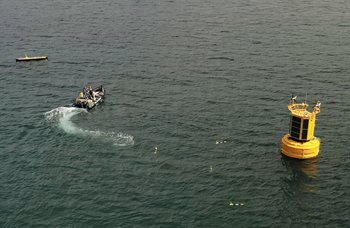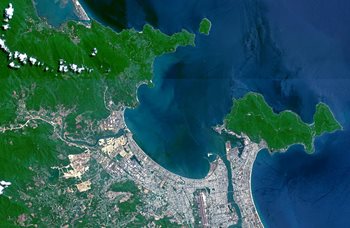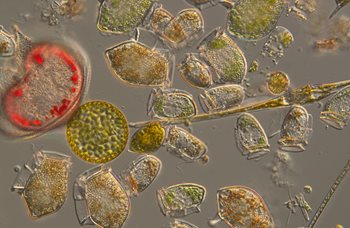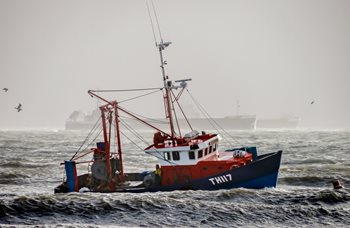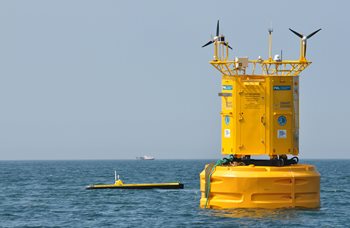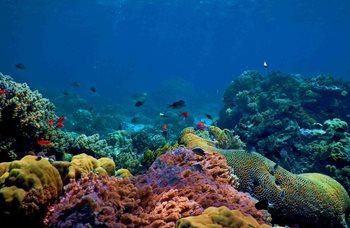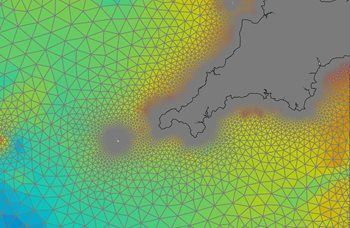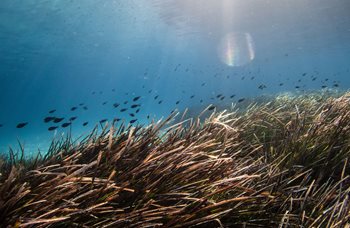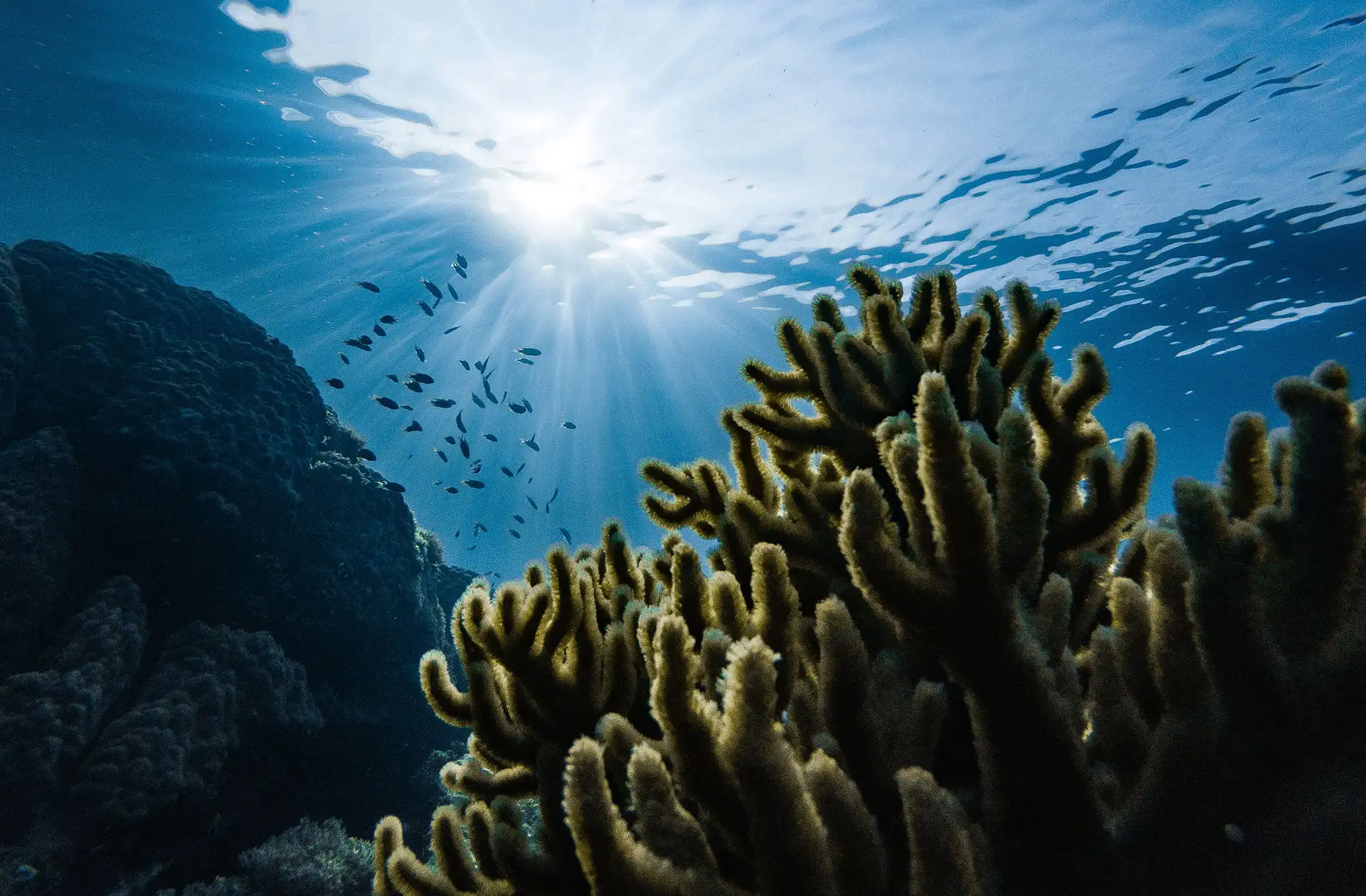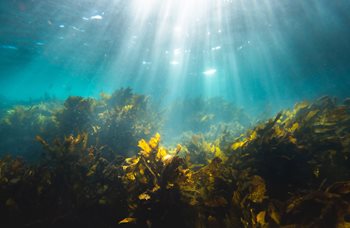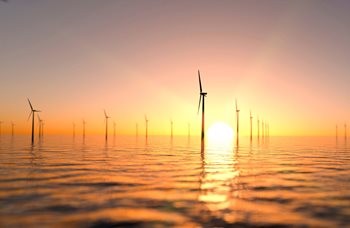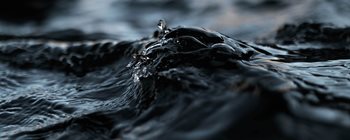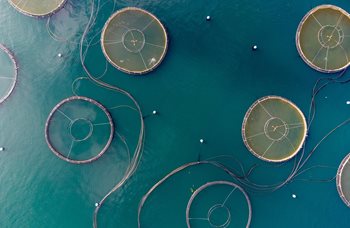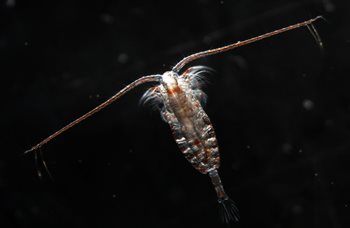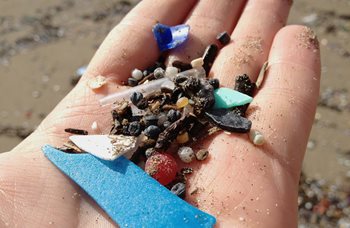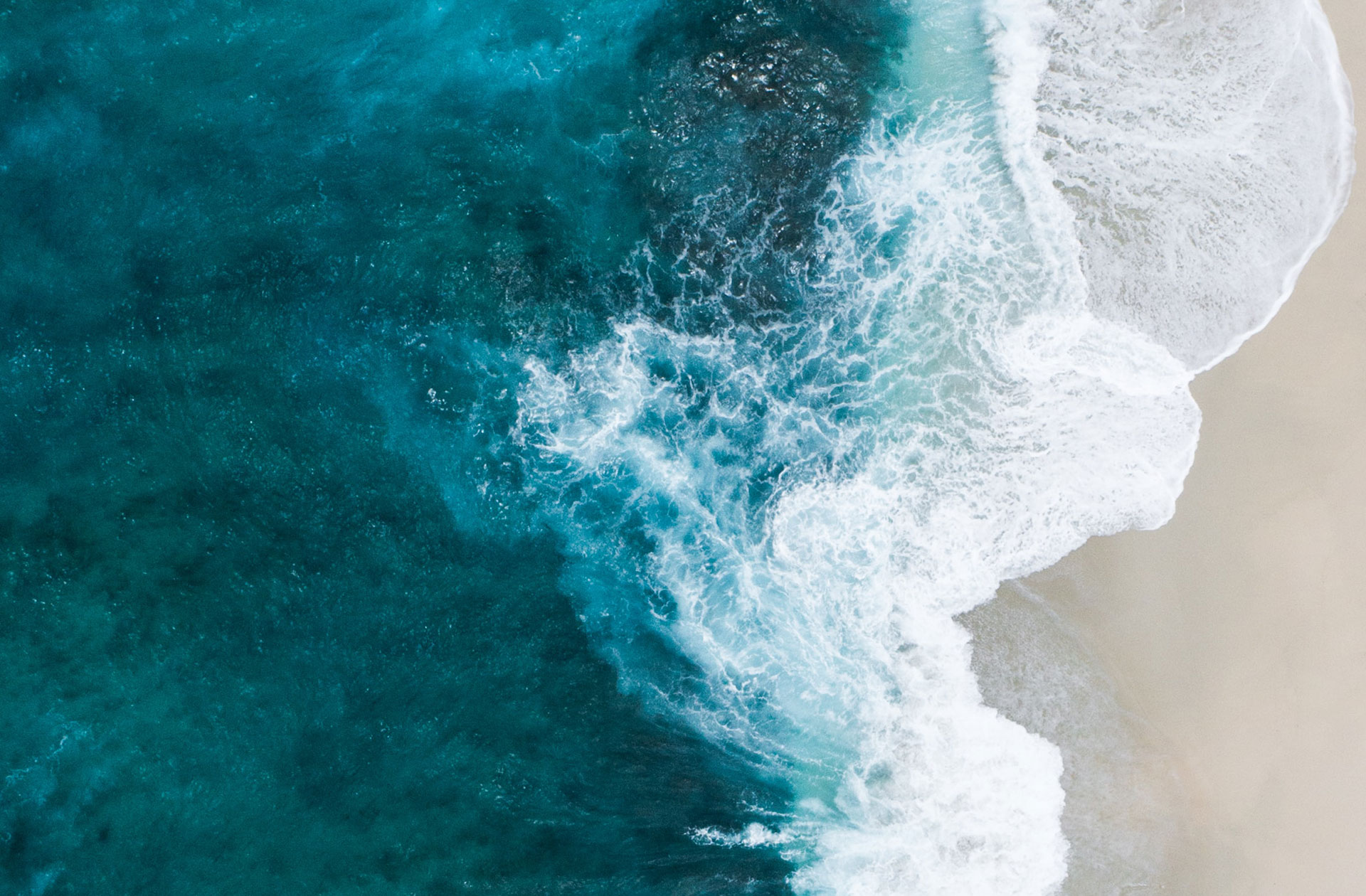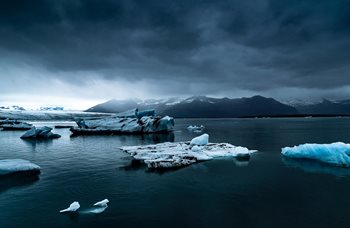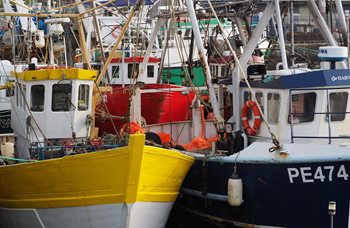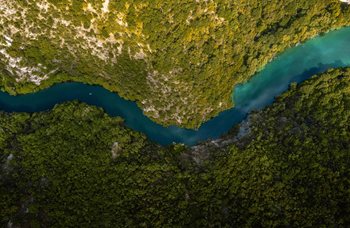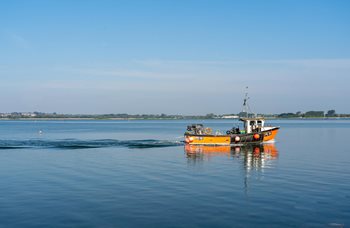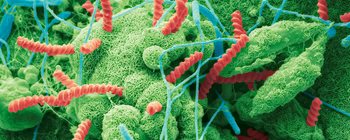Science Topic
Optimising Aquaculture
Using satellite remote sensing methods to improve the efficiency of aquaculture management and spatial planning. Developing new methods for automatic mapping of aquaculture structures at large scale.
Rapid development of coastal aquaculture is stimulated by increasing demand of food production and overexploitation of marine resources, depletion of fish stock and financial uncertainties in fishing industry. The spatial planning approach is used in marine aquaculture to control the pressure on marine environment and insure sustainable development. Satellite remote sensing methods play essential role in aquaculture planning and management by providing the information about water quality and physical properties, geographic location of aquaculture sites and interaction with local environment.
The radar remote sensing methods are known for their ability to operate in all weather conditions and to provide regular observations of the sea surface observations at day and night, while the optical sensors are strongly affected by dense clouds and cannot be used regularly in tropical and sub-tropical regions.
For monitoring aquaculture sites we apply the Synthetic Aperture Radar sensor on Sentinel-1 operated by the European Space Agency. We use the freely available Sentinel-1 data to detect and estimate the coordinates of aquaculture objects, such as fish cages, floating houses and mussel farms. A new methodology has been developed for automatic processing of Sentinel-1 time series data. and applied to map aquaculture structures in coastal waters of Palawan, Philippines. To our best knowledge it is the first time when aquaculture was mapped in Palawan using satellite Earth observation data.
Support aquaculture research
PML Project pages
People who work in this area of research
Dr Andrey Kurekin
Marine Earth Observation Scientist
anku@pml.ac.uk
Dr Peter Miller
Marine Earth Observation Scientist
pim@pml.ac.uk
